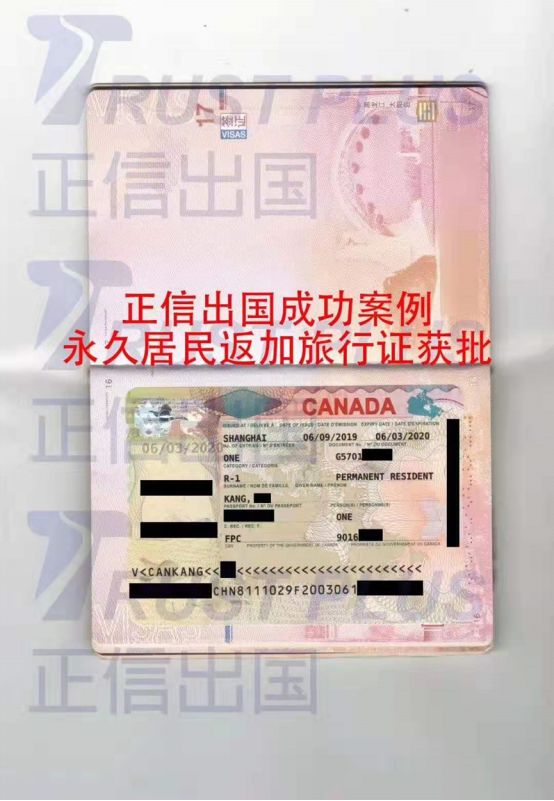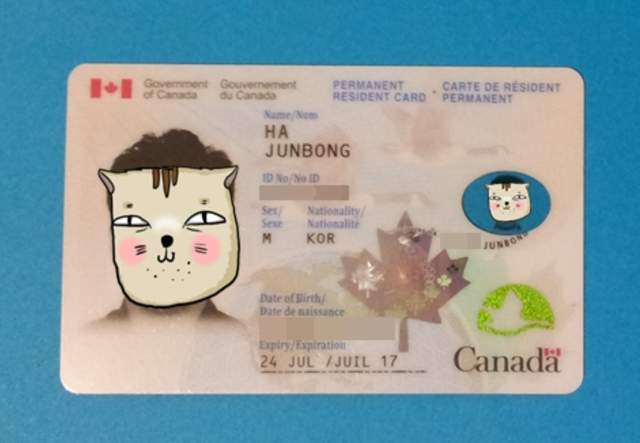What Is Immigration Prison? Canada's Residence Requirements And Comparison And Detailed Explanation Of Major Countries Around The World
What Is Immigration Prison? Canada's Residence Requirements And Comparison And Detailed Explanation Of Major Countries Around The World
In Canada, this refers to the residence time regulations that permanent residents (PRs) must meet in order to maintain their status or apply for naturalization.
## What is "immigration prison"?
The statement "immigration supervision" is a vivid metaphor for the Chinese immigrant group's requirements for the residence of immigrants in various countries, but in fact it is not a literal "incarceration". In Canada, it refers to the residence time requirement that a permanent resident (PR) must comply with in order to maintain their status or apply to become a citizen, a provision referred to in official documents as a "residence obligation".
The Canadian immigration department clearly requires that individuals with permanent resident status must actually live in Canada for a total of no less than 730 days, that is, two years, within every five years, to ensure the effectiveness of their maple leaf card. For applicants who are interested in joining Canadian nationality, they also need to ensure that they have lived in Canada for 1,095 days, that is, three years within five years.
## Comparison of residence requirements in major countries around the world
While grasping the living conditions in Canada, we can also turn our attention to other highly-watched immigrant countries and make horizontal comparisons of their relevant regulations.

*Table: Comparison of residence requirements in mainstream immigrant countries*
## Detailed explanation of Canadian residence requirements
The Canadian maple leaf card is valid for 5 years. The Immigration Bureau will check the residence time in the following circumstances:
1. When the maple leaf card is updated, reissue or reissue
2. Border officials may check randomly when entering Canada
3. When applying for naturalization
Please note: The basis for determining residence qualifications is the standard of "actual physical residence", which means that the applicant must be in Canada and that each day's stay is counted as the residence time. Only owning Canadian real estate, opening a bank account or establishing a tax connection cannot meet the requirements of residence conditions.
## Three legal evasion strategies
Canadian immigration regulations clarify three specific situations in which the duration of stay abroad can be equivalent to the time of residence in the country.
### 1. Canadian companies send out work
- Must be employed full-time by a Canadian registered company and sent overseas
Please be sure to submit complete certificate materials, including but not limited to labor contracts, salary payment certificates, tax payment certificates, enterprise registration certificates, etc.
Extraordinary tasks must be ensured to their authenticity and consistency, and must not be just a position with a false reputation established to bypass living conditions.
### 2. The spouse is a Canadian citizen
- The time spent living abroad with a Canadian citizen spouse is counted
- Proof of marriage and proof of spouse citizenship are required
- The fact that co-living must be proved cannot be a nominal marriage
### 3. Humanitarian reasons
- Including legitimate reasons such as caring for seriously ill relatives and completing overseas studies
- Support documents such as medical certificates, admission notices, etc. are required
- The Immigration Bureau will comprehensively evaluate the applicant's family contact, residence history and other factors
## Remedy options that are not met
If the residence requirements cannot be met, there are still several ways to remedy:
1. **Family Reunion Guarantee**:
- Guarantee through spouse who already has permanent residence status
-or guaranteed by adult and income children
- Due to the existing immigration records, the approval process is usually faster
2. **Apply for a travel document**:
If you find that the maple leaf card has expired overseas, you can apply to the relevant department for a permanent resident travel document.
- It is necessary to prove that there are "uncontrollable factors" that cannot meet the residence requirements
3. **Right to Appeal**:
If the conditions of residence do not meet the requirements, the parties have the right to file a complaint with the Immigration Appeal Court within 60 days.
When providing assistance, humanitarian factors must be taken into account, including their relevance to Canadian families and the living conditions established by individuals in Canada.
## Common misunderstandings clarification
1. **Misconception 1**: "You must stay for a certain amount of time every year"
- Actually it is a 5-year rolling calculation, and no fixed residence required every year
2. **Misconception 2**: "Short-term departure will interrupt residence calculations"
- Short-term travel abroad and visiting relatives will not affect the cumulative living
3. **Misconception 3**: "After naturalization, there will be no restrictions on residence"
- Although there is no residence requirement after naturalization, long-term departure may affect medical benefits
## Professional advice
After arriving in Canada, we immediately start to record our living time and recommend using a special form for detailed records.
Retain relevant evidence materials, including but not limited to entry and exit registration information, lease agreements, water, electricity and gas fee payment certificates and other residence certificates.
Even if you go abroad for a short time, maintaining the qualification of a Canadian tax resident is of great significance to confirming your residential connection with Canada.
4. **Professional consultation**: It is recommended to consult a licensed immigration consultant or lawyer for complex situations
Canada's "immigration supervision" system aims to ensure that a substantial connection between immigrants and Canada is established. As long as immigrants can understand the relevant regulations and make reasonable plans, they can meet the conditions without affecting their normal international exchanges. Remember that following rules is always more reliable than post-remedies.





